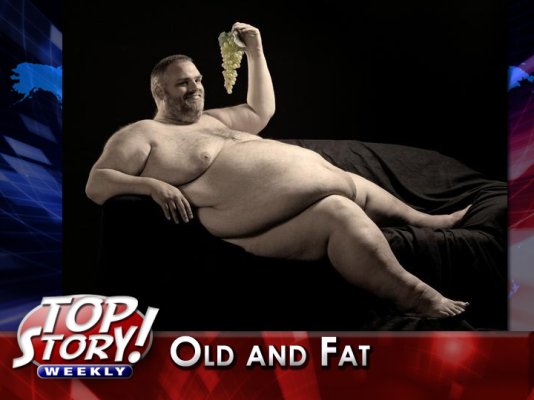You stop, you die. I have a client who "retired", in the old fashioned sense, and started playing golf and traveling. His mind slowed down, his creativity disappeared and he began to suffer mentally and physically.
My guess is that it's more the type of playing golf and traveling that cause people's minds and bodies to die. My wife and I love to travel, but we read lots about the locations, cultures, and languages before and after we go. We take our photography very seriously, and write personal photographic travel books about our adventures.
My FIL played golf for many years, and it was so good for him physically--until he started renting a cart. Bad move. He died of a heart attack a few years later at the young age of 71. I personally prefer running and triathlon (I did a half marathon yesterday) and weight lifting, but just plain walking works wonders.
As much as people on this forum joke about doing nothing, I think almost everyone here stays engaged in an active and full life.
Why retire early if you do nothing and die young?

